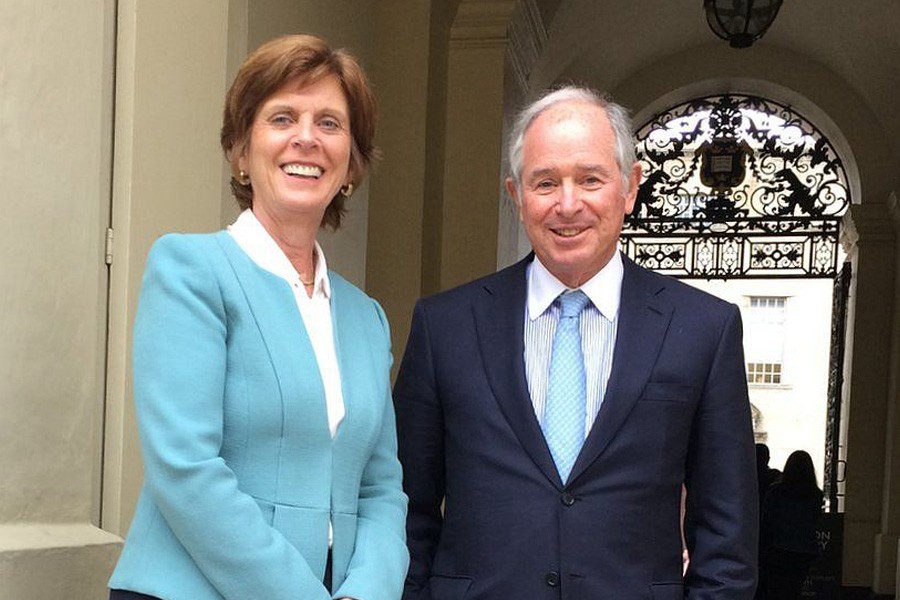The largest single donation to a UK university has been given to Oxford for a new institute that will study the ethics of artificial intelligence.
Stephen Schwarzman, a US private equity billionaire who has advised Republican presidents including Donald Trump, has given the university £150 million ($188.37 million).
A new building for the study of humanities will house the institute.
The UK government said it was a "globally significant" investment in Britain.
Governments 'utterly unprepared'
At a time when universities face uncertainty over research funding because of Brexit, this is a major financial coup for the University of Oxford, reports the BBC.
Mr Schwarzman, the chief executive of the private equity firm Blackstone, is one of America's best known billionaires.
In the past, his lavish lifestyle as a Wall Street financier has attracted criticism, but more recently he has also become a major donor to education.
Mr Schwarzman said he was giving the money to Oxford because artificial intelligence was the major issue of our age.
"At the moment, most governments are utterly unprepared to deal with this, and why would they be, it's a different type of technology," he said.
"They're going to have to rely on great universities like Oxford, and others around the world who specialise in helping them think this through."
Mr Schwarzman said universities needed to help construct an ethical framework for changes that were happening rapidly.
Some economists have warned the expansion of artificial intelligence could have a significant impact on society - including the loss of jobs due to automation - in what is sometimes called the "fourth industrial revolution".
Academics have also raised concerns about the potential for malicious use in cyber warfare and the subverting of democracy.
The donation by Mr Schwarzman to Oxford follows a $350m (£279m) gift he made to the Massachusetts Institute of Technology (MIT) to establish a centre for computing and artificial intelligence.
The study of the ethics of AI at Oxford will be in a new humanities centre, bringing together subjects from languages to philosophy.
Mr Schwarzman said it was "important for people to remember what being human is".
"Why are we here? What are you values? How does technology deal and interact with that.
"We should want it to be positive and productive for society, and technology can't be allowed to just do whatever it wants because it can."
Accepting large donations is not without risk for institutions if controversy emerges later.
Prof Louise Richardson, the vice-chancellor of the University of Oxford, said all philanthropic gifts were reviewed to make sure they fitted with its values.
"The margin of excellence requires more than we can expect from public funding, so philanthropy is going to become more important for Oxford and other universities," she said.
The new building will also create a concert hall and other public spaces.


